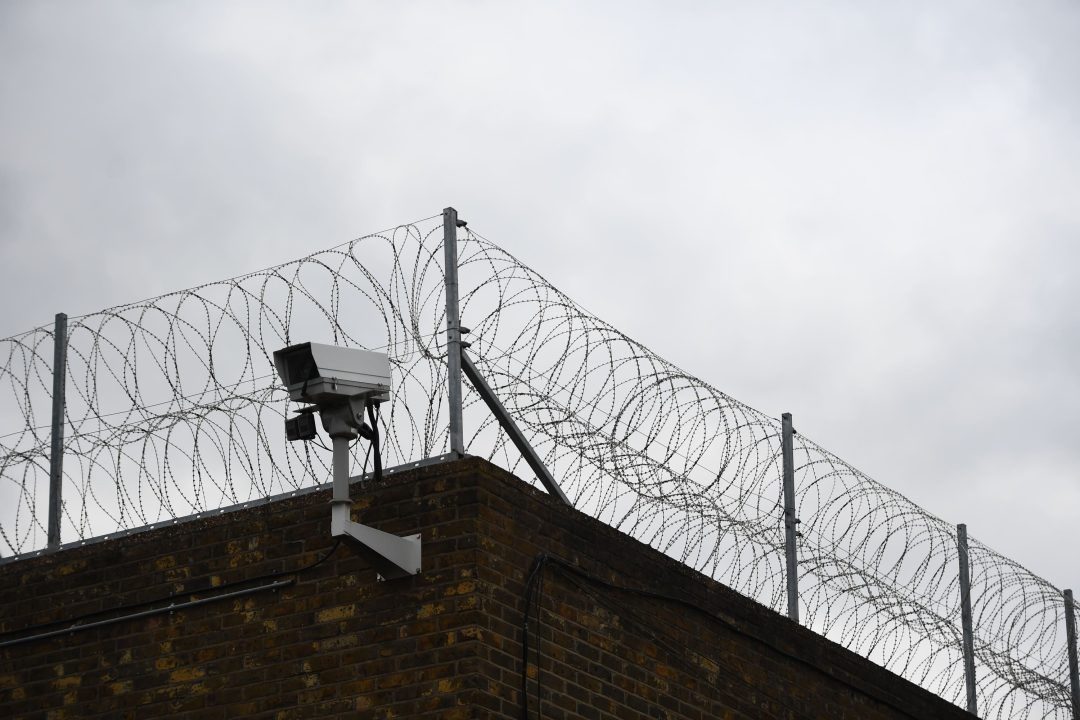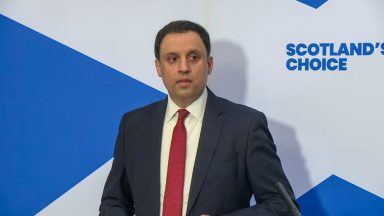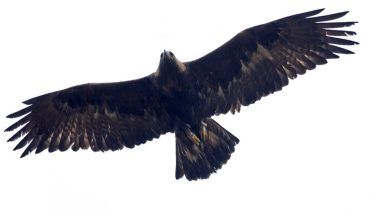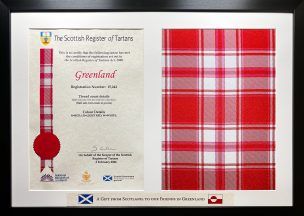A Cabinet minister has said she felt Scotland was “treated as an after-thought” as no-fly zones over prisons came into force in England and Wales in 2024.
Speaking at a Criminal Justice Committee meeting in Holyrood on Wednesday, convener Audrey Nicoll asked ministers to update MSPs on communication with the UK Government on extending the no-fly regulations over prisons to Scotland.
The committee previously heard from prison bosses that drone activity to deliver contraband to inmates has been increasing, including to smuggle drugs behind bars.
Justice Secretary Angela Constance told the committee on Wednesday that she was “miffed” when the UK Government brought in the regulations.
She said: “Let me start by being fair and balanced. When I found out about these regulations that applied to England and Wales, I was a wee bit miffed that Scotland had been treated as a bit of an after-thought. Obviously civil aviation and air navigation are reserved.”
However, she said there has been communication with Westminster on how to extend the regulations north of the border.
She said: “Engagement between my officials and UK Government officials has been very constructive. We are essentially asking the Ministry of Justice to be a sponsor in terms of making a recommendation to the Civil Aviation Authority.”
The Air Navigation Regulations 2023 took effect in January 2024 in England and Wales, making it an automatic offence to fly drones within 400 metres of prisons and young offender institutions.
Drone operators who attempt to fly a device near a prison can be fined up to £2,500, and the penalty for smuggling illicit items is up to 10 years in prison.
Scottish prison bosses have noticed an increase in drug smuggling using drones. In January, HMP Edinburgh reported a drone had crashed near the prison carrying a package of drugs.
Ms Constance said while talks are ongoing to extend the no-fly regulations to Scotland and that the move would help to remove drugs from prisons, she added it would be just “one tool of many”.
She said: “I don’t want to say that if these regulations applied to Scotland that everything would be solved or a job done. The drones and the drone activity and the impact they have is exceptionally concerning.
“I’m also aware that in terms of supply of illicit drugs in prison, it constantly evolves, you’re constantly having to reappraise those tactical and operational approaches. This would definitely help and to be positive, thus far official level engagement has been positive.”
In May, the Criminal Justice Committee was told by prison bosses that drone activity to deliver contraband had increased.
Stephen Coyle, head of operational delivery at the Scottish Prison Service (SPS), said drones often fly in at night, under the cover of darkness, with inmates flicking their cell lights on and off to guide them.
The committee heard how after window grilles were installed at Perth Prison, which prevented inmates from reaching a drone outside their cell window, there were “no drone breaches” for six months afterwards.
Asked by Conservative MSP Sharon Dowey why the SPS has not put window grilles “into every single prison”, Mr Coyle said it was down to “resources” and “the cost attached to that”.
Grilles have been installed on windows at Saughton Prison in Edinburgh and Glenochil Prison, outside Tullibody in Clackmannanshire.
The committee is currently carrying out an inquiry into the harm caused by substance misuse in Scotland’s prisons.
A Ministry of Justice spokesperson said: “Drones pose a serious risk to prison security and we are doing everything possible to thwart the smuggling of contraband behind bars.
“That’s why restricted fly zones are already in place across England and Wales.
“This Government is in discussions with the Scottish Government about how we can build on the 2016 legislation to bolster protections in jails in Scotland and across the UK.”
Follow STV News on WhatsApp
Scan the QR code on your mobile device for all the latest news from around the country


 PA Media
PA Media

























